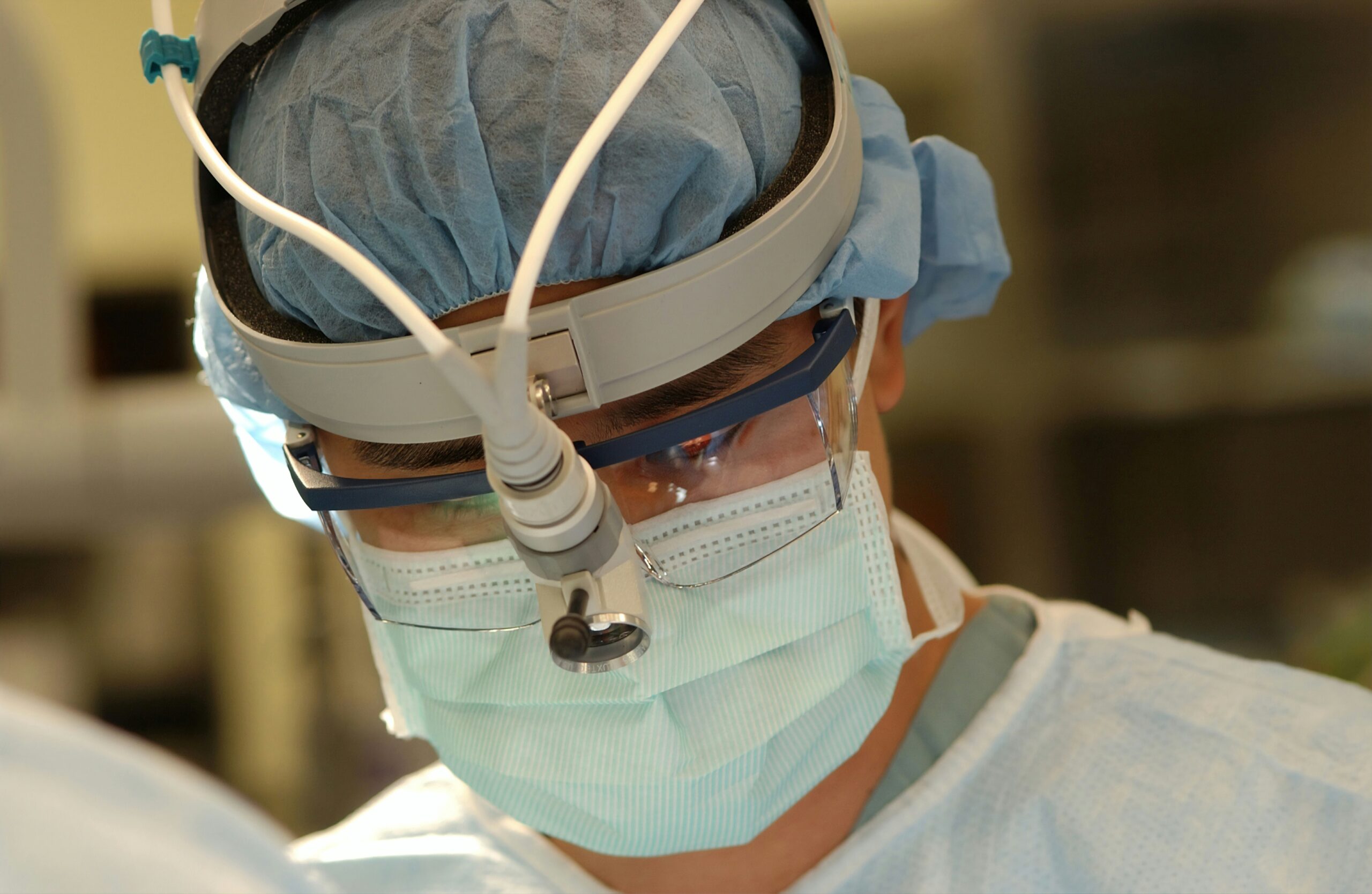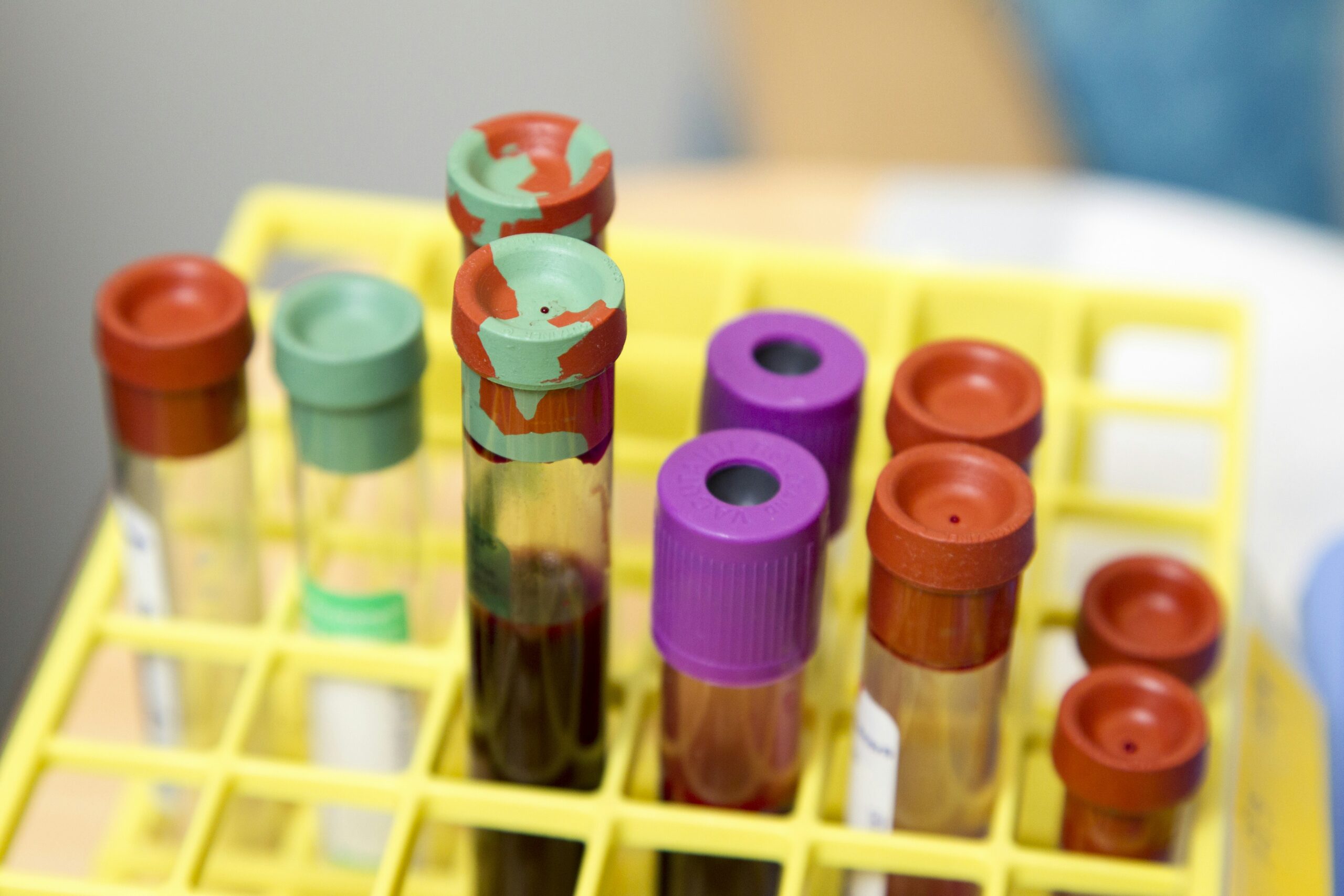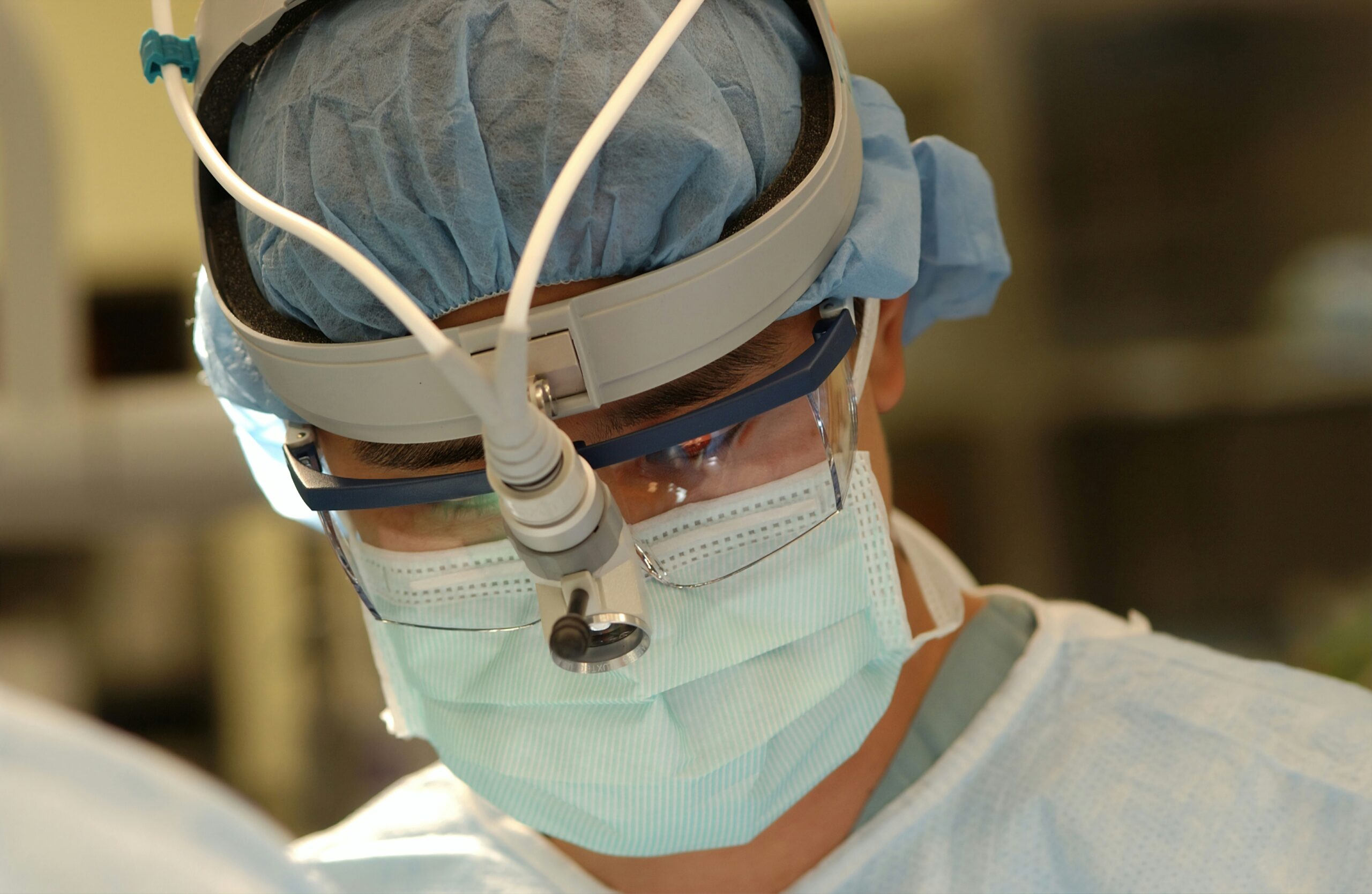Did you know that prostate problems can actually cause frequent urination at night? If you've ever experienced the inconvenience of waking up multiple times during the night to use the bathroom, it could be a result of an enlarged prostate or other prostate issues. This article explores the connection between prostate problems and nocturia, shedding light on why this condition occurs and what you can do to alleviate it. So if you've been wondering about the potential link between prostate health and late-night bathroom runs, keep reading to find out more!

Understanding the Prostate and its Function
The prostate is a small gland located below the bladder and in front of the rectum in men. It is a crucial part of the male reproductive system and plays a vital role in maintaining a healthy reproductive function. The main function of the prostate is to produce and secrete seminal fluid, which is an essential component of semen. This fluid helps nourish and transport sperm during ejaculation, increasing their chances of fertilizing an egg.
The Role of the Prostate in the Male Reproductive System
The prostate gland is responsible for producing specific proteins and enzymes that protect and support healthy sperm function. It also helps in maintaining the pH balance within the reproductive system, creating an optimal environment for the sperm to survive and thrive. Additionally, the prostate gland helps in regulating urinary flow by surrounding the urethra, the tube responsible for the passage of urine from the bladder. It acts as a muscular valve that opens and closes to control the flow of urine.
Normal Changes in the Prostate as Men Age
As men age, it is common for the prostate gland to undergo certain changes. One of the most common age-related changes is the enlargement of the prostate, known as benign prostatic hyperplasia (BPH). This enlargement is typically non-cancerous but can lead to various urinary symptoms, including frequent urination, weak urine stream, and difficulty starting or stopping urination. These changes occur due to hormonal imbalances and the natural aging process.
Explaining Prostate Problems
Prostate problems can manifest in various forms, including infections, inflammation, and the development of prostate cancer. Understanding the different types of prostate problems can help individuals recognize the symptoms and seek appropriate medical attention.
Types of Prostate Problems
Common prostate problems include:
-
Prostatitis: This refers to inflammation of the prostate gland, which can be caused by bacterial infections or non-infectious factors.
-
Benign Prostatic Hyperplasia (BPH): It is the non-cancerous enlargement of the prostate gland, primarily affecting aging men.
-
Prostate Cancer: This is a malignant growth in the prostate gland cells, potentially leading to serious health complications if left untreated.
Typical Symptoms Associated with Prostate Problems
Prostate problems can present a range of symptoms, which can vary depending on the specific issue. Some common symptoms include:
-
Frequent urination: The need to urinate more often than usual, especially during the night.
-
Urinary urgency: A sudden and urgent need to urinate, often accompanied by difficulty in delaying urination.
-
Weak urine flow: A decreased force in the urine stream, making it difficult to empty the bladder completely.
-
Blood in urine or semen: Presence of blood in urine or semen, which may indicate infection or underlying conditions.
Potential Causes of Prostate Problems
The causes of prostate problems can be multifactorial and depend on the specific condition. Prostatitis is often caused by bacterial infections that can enter the prostate through the urinary tract. Benign Prostatic Hyperplasia (BPH) is believed to be influenced by age-related changes in hormone levels. Prostate cancer can be attributed to a combination of genetic, hormonal, and environmental factors. Understanding the underlying causes is crucial in diagnosing and treating prostate problems effectively.
Link Between Prostate Issues and Frequent Urination
Prostate problems, specifically an enlarged prostate or prostate inflammation, can significantly impact urinary function and lead to frequent urination. Understanding how prostate problems affect urination and why they can cause frequent urination is essential in identifying the root cause of this bothersome symptom.
How Prostate Problems Affect Urination
The prostate gland surrounds the urethra, which serves as the passage for both urine and semen. When the prostate becomes enlarged or inflamed, it can exert pressure on the urethra, causing it to narrow and obstruct the flow of urine. This obstruction leads to incomplete emptying of the bladder and, subsequently, the need to urinate more frequently.

Why Prostate Problems Could Cause Frequent Urination
Prostate problems, such as BPH or prostatitis, can result in irritation and inflammation of the urethra. As a natural response, the bladder may become more sensitive, causing individuals to feel the urge to urinate more often, even when the bladder is not full. Additionally, an enlarged prostate can partially block the bladder outlet, leading to decreased bladder capacity and the need for more frequent urination.
Understanding Frequent Urination at night (Nocturia)
Nocturia is a condition characterized by the need to wake up at night to urinate. It can be disruptive to sleep patterns and significantly impact one's quality of life. Understanding the causes of nocturia, including its possible association with prostate problems, can help individuals seek appropriate treatment and manage the condition effectively.
What is Nocturia
Nocturia is a condition in which individuals wake up one or more times during the night to urinate. It is different from bedwetting, as it primarily affects adults. Nocturia can disrupt sleep patterns, leading to daytime fatigue, decreased productivity, and overall decreased well-being.
Common Causes of Nocturia
Nocturia can have various causes, including:
- Excessive fluid intake before bedtime
- Decreased bladder capacity
- Urinary tract infections
- Hormonal imbalances
- Chronic medical conditions, such as diabetes or kidney disease
- Medications that increase urine production, such as diuretics
Investigating the Prostate as a Cause of Nocturia
Prostate problems, particularly an enlarged prostate or prostate inflammation, have been associated with nocturia. Understanding the evidence supporting this link and how prostate problems can cause nocturia is essential in differentiating the underlying cause of this condition.
Evidence of Prostate Problems Leading to Nocturia
Studies have shown that men with prostate problems, such as BPH or prostatitis, are more likely to experience nocturia. The enlargement of the prostate can obstruct the flow of urine, leading to incomplete bladder emptying during the day. As a compensatory mechanism, the bladder produces more urine at night, resulting in the need to urinate frequently.
How Prostate Problems Cause Nocturia
An enlarged prostate can impede the normal functioning of the bladder and urethra, leading to increased bladder sensitivity and decreased bladder capacity. This can result in frequent urination, especially at night. Prostate inflammation can also contribute to nocturia by causing bladder irritation and increasing urine production.
Distinguishing Nocturia Caused by Prostate Problems from Other Causes
While prostate problems can be a potential cause of nocturia, it is essential to distinguish it from other underlying factors. Recognizing the differences in symptoms and understanding the risk factors specific to prostate-caused nocturia can aid in accurate diagnosis and targeted treatment.
Differences in Symptoms
Nocturia caused by prostate problems is often accompanied by other urinary symptoms, such as a weak urine flow, incomplete bladder emptying, or a feeling of urgency. It may also be associated with other signs of prostate problems, such as pain or discomfort in the prostate area. Differentiating these symptoms can help determine if the prostate is the underlying cause of nocturia.
Risk Factors Specific to Prostate-Caused Nocturia
Certain risk factors increase the likelihood of nocturia being caused by prostate problems. These include age, family history of prostate issues, and a previous diagnosis of an enlarged prostate or prostatitis. Recognizing these risk factors can help healthcare professionals prioritize further investigation into the role of the prostate in causing nocturia.
Diagnosis of Prostate Problems and Nocturia
Accurate diagnosis of prostate problems and nocturia is crucial for effective treatment and management. Healthcare professionals employ various methods to determine the underlying cause, starting with obtaining a detailed medical history and conducting a physical examination.
Medical History and Physical Examination
A thorough medical history helps healthcare professionals gain insight into the patient's symptoms, any family history of prostate problems, and potential triggers or aggravating factors. A physical examination may involve a digital rectal exam (DRE) to assess the size, shape, and consistency of the prostate gland.
Diagnostic Tests and Procedures
Depending on the initial evaluation, additional tests and procedures may be ordered to confirm the diagnosis. Common diagnostic tools for prostate problems include urine tests, blood tests (such as prostate-specific antigen or PSA), imaging studies (ultrasound, MRI), and prostate biopsy for suspected cases of prostate cancer. Nocturia may require urinary frequency and volume monitoring, as well as sleep studies to evaluate sleep quality and possible sleep disorders.
Treatment Options for Prostate Problems and Nocturia
Treatment options for prostate problems and nocturia are tailored to each individual's specific condition and severity. The goal is to alleviate symptoms, improve urinary function, and enhance overall quality of life. Treatment approaches can include medications, surgical procedures, and lifestyle modifications.
Medications for Prostate Problems
Medications can be prescribed to manage prostate problems effectively. Alpha-blockers, such as tamsulosin, help relax the prostate muscles and improve urine flow. 5-alpha-reductase inhibitors, like finasteride, can reduce the size of an enlarged prostate over time. Antibiotics may be prescribed for prostatitis, depending on the underlying cause.
Surgical Procedures for Prostate Disorders
In cases where medications are ineffective or the prostate problem is severe, surgical interventions may be necessary. Transurethral resection of the prostate (TURP) is a common procedure for relieving urinary symptoms associated with an enlarged prostate. Other surgical options include laser therapy, prostatectomy, or minimally invasive procedures.
Lifestyle Changes to Manage Nocturia
Adopting certain lifestyle changes can help manage nocturia effectively. These may include reducing fluid intake close to bedtime, avoiding beverages with diuretic properties (such as caffeinated or alcoholic drinks), practicing bladder training exercises, and maintaining a healthy weight. It is essential to consult with healthcare professionals for personalized guidance.
Prevention of Prostate Problems and Nocturia
While some risk factors for prostate problems cannot be controlled, certain preventative measures can help minimize the chances of developing these conditions. Lifestyle changes, such as maintaining a balanced diet, engaging in regular physical activity, managing stress levels, and avoiding exposure to harmful toxins, may contribute to prostate health. Regular check-ups and screenings are also crucial in detecting any potential issues early on.
Steps to Prevent Nocturia
To prevent or manage nocturia, individuals can adopt various strategies. These include:
- Limiting fluid intake before bedtime and avoiding excessive consumption of bladder irritants, such as caffeine and alcohol.
- Establishing a consistent bedtime routine and ensuring a relaxing sleep environment.
- Practicing pelvic floor exercises to strengthen the muscles associated with urinary control.
- Incorporating adequate physical activity into daily routines to promote overall well-being and improve bladder function.
Coping with Prostate Problems and Nocturia
Coping with prostate problems and nocturia can be challenging, both physically and emotionally. However, there are strategies and resources available to help individuals navigate these conditions and maintain a high quality of life.
Living with Prostate Problems
Living with prostate problems requires a multidimensional approach. It involves adhering to treatment plans, adopting healthy lifestyle habits, and seeking emotional support. Open communication with healthcare professionals, regular check-ups, and adherence to prescribed medications or therapies are essential components of managing prostate problems effectively.
Managing Nocturia in Daily Life
Managing nocturia involves making lifestyle adjustments to minimize its impact on daily life. Strategies such as practicing good sleep hygiene, utilizing waterproof bedding, using nightlights to prevent accidents, and employing relaxation techniques can help individuals cope with the challenges of frequent nighttime urination.
Support and Resources for Individuals with Prostate Problems
Support groups, online forums, and educational resources can provide valuable information and emotional support to individuals facing prostate problems. Connecting with others who share similar experiences can offer a sense of community and empower individuals to navigate their journey with prostate health.
In conclusion, understanding the prostate's role in the male reproductive system, the types of prostate problems, their potential causes, and the link between prostate issues and frequent urination is essential for individuals seeking answers and solutions. Diagnosis, treatment, and preventative measures, along with lifestyle modifications and support, can help manage both prostate problems and nocturia, ultimately improving overall well-being.


